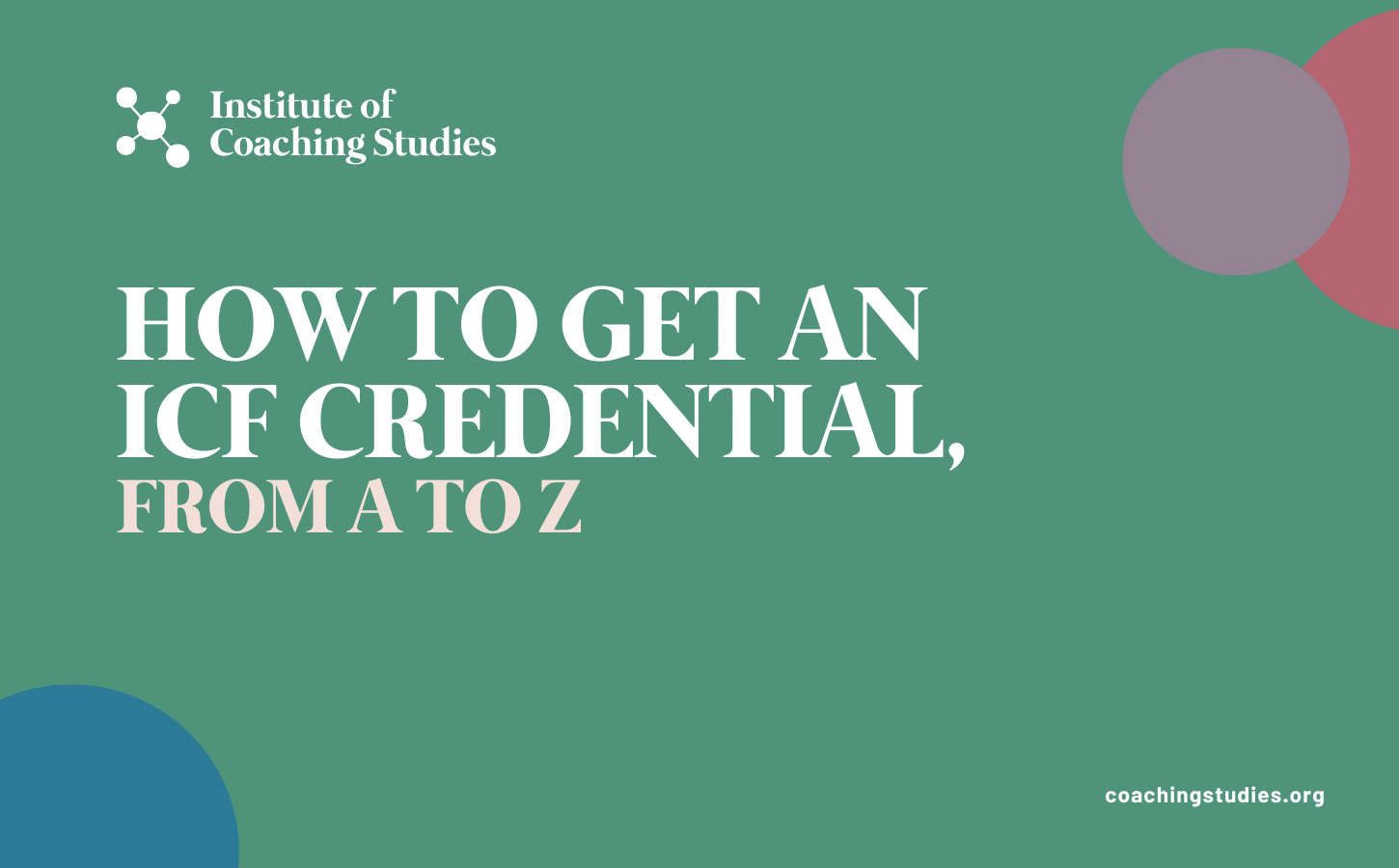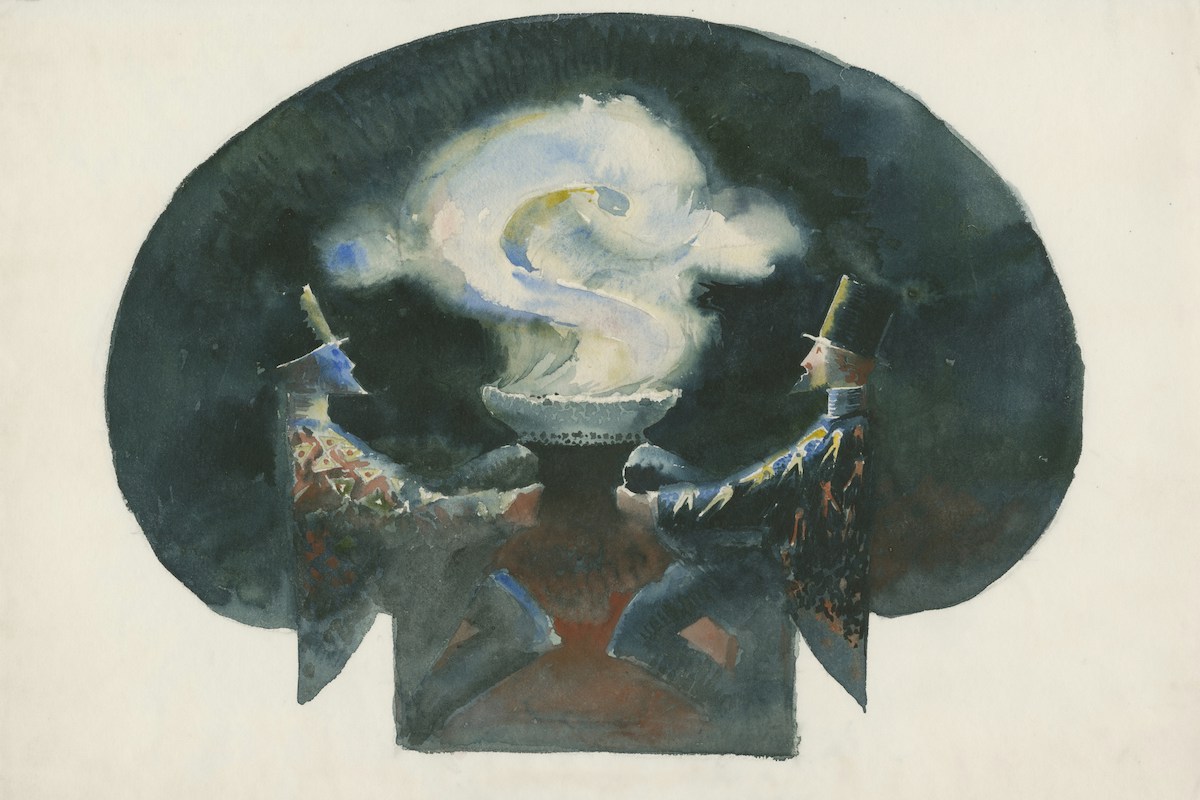Understanding the different ICF credential levels is important to help you decide whether it is something you want to pursue or not. Credentials, accreditations, or certifications are not compulsory for one to call themselves a coach; however they offer a certain credibility and show standards of practice that are sought after by most clients.
You will find below a summary of the 3 levels of ICF credentials for coaches so you know what to research if you need any additional information.
download the RECAP OF THE REQUIREMENTS
We put together the requirements of each of the ICF credential in a one-page document.
Sign up below to receive it, it’s free!
Thank you
Check your inbox to download the document.
Level 1 - Associate Certified Coach (ACC)
ACC is the first level of accreditation delivered by the ICF. It is usually where most coaches start their credentialing journey. It certifies that you have successfully shown a certain level of competency and knowledge through various requirements:
- A coach-specific training of 60 hours minimum,
- Being mentored by an experienced coach for additional feedback and guidance,
- Coaching practice of 100 hours minimum,
- A coaching style and approach aligned with what the ICF expects of ACC coaches,
- Successful completion of the ICF credentialing exam.
Getting the ACC accreditation is an important step in the career of a professional coach, and some choose to stay at this level. Others strive to build upon their ACC credential to aim at the second level of accreditation.
Level 2 - Professional Certified Coach (PCC)
PCC is the second level of accreditation delivered by the ICF. For many coaches, it is seen as the “golden” standard because it shows a strong dedication to professional learning and development, and a consistent practice of coaching. Going from ACC to PCC can take many years since it is required of coaches to complete:
- A coach-specific training of 125 hours minimum, which usually means coaches need to attend a second formal training (if their initial training was less than 125 hours),
- An additional round of Mentor Coaching with an accredited coach,
- A minimum of 500 hours minimum,
- Successful completion of the ICF credentialing exam,
- A coaching style and approach aligned with what the ICF expects of PCC coaches.
Once coaches reach PCC level, many of them stay at this level for years before they are able to move to the final accreditation.
Level 3 - Master Certified Coach (MCC)
The third and last level of ICF accreditation is the MCC credential. Very few people reach this level. In their 2020 Annual Report, the ICF shared that there were 1,349 MCC-accredited coaches, out of 41,500+ accredited coaches. That’s a little over 3%.
The main reason for this low number is that the standards of a MCC coach are much (much!) higher than ACC and PCC. Not all coaches want to – or are able to – develop their practice to consistently coach at MCC level. It also usually means completing another course to meet the minimum of 200 hours of coach training, and providing two recordings of real coaching sessions at MCC level after having been mentored by another MCC coach. Let’s not forget about the required 2,500 hours of coaching practice.
The time and cost involved in the preparation of an MCC accreditation may not suit everyone. For those who get on that path, it is a great way to develop your coaching style and transform your approach to coaching sessions.
LET'S STAY IN TOUCH
If you want to hear from us about all things coaching and not miss any new articles, sign up to our weekly newsletter below 👇
Thank you!
We hope you like the content we will share.
International Coaching Federation, https://coachingfederation.org/
Photo by Lewis Keegan on Unsplash










